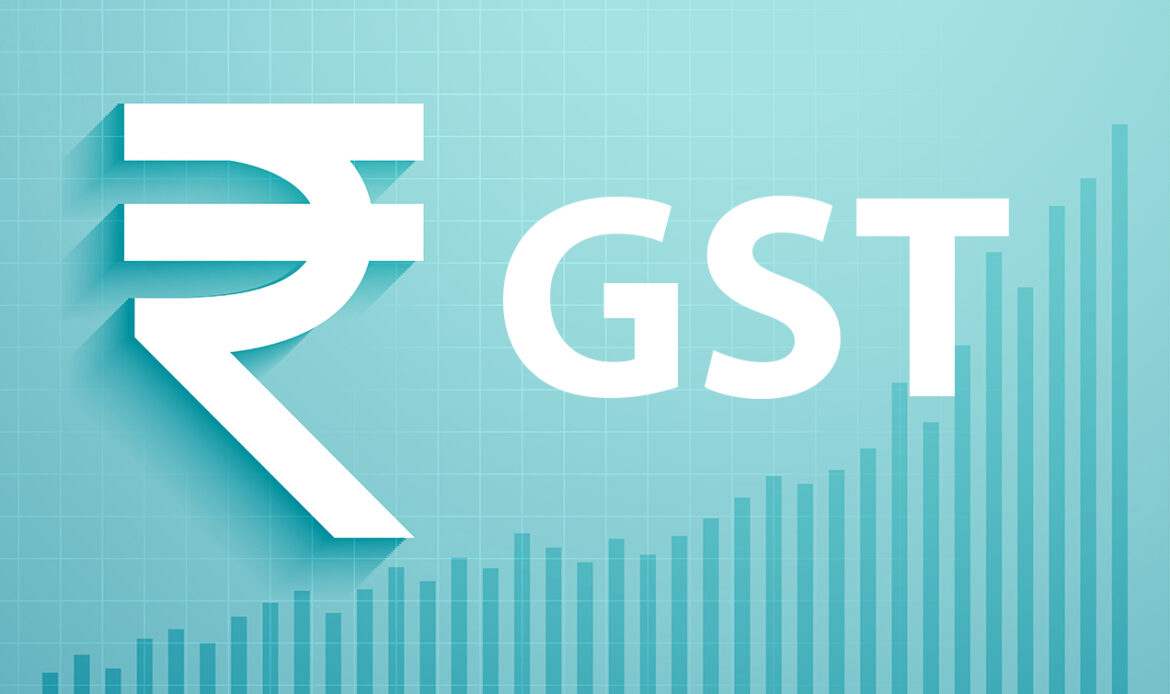The Goods and Services Tax (GST) in India is a destination-based indirect tax applicable on the supply of goods and services.
But who exactly is responsible for collecting and paying it to the government?
This blog explains who is liable to pay GST in India under the CGST Act, 2017, and outlines situations where even unregistered or overseas businesses can become liable.
Legal Reference
- Section 9, CGST Act, 2017 (Levy and collection)
- Section 22-24, CGST Act, 2017 (Registration rules)
- Section 5, IGST Act, 2017 (Interstate and import transactions)
Who is Liable to Pay GST?
You are liable to pay GST in India if you fall under any of the following categories:
- Supplier of goods or services whose aggregate turnover exceeds:
- ₹40 lakh (goods, normal category states)
- ₹20 lakh (services or goods in special category states)
- ₹10 lakh (Northeastern and hill states for services)
- E-commerce sellers operating through platforms like Amazon, Flipkart, Meesho, etc.
- Registration mandatory, regardless of turnover
- Casual taxable persons supplying goods/services in a taxable territory where they don’t have a fixed place of business
- Non-resident taxable persons supplying in India (including SaaS providers, platforms charging Indian users)
- Persons required to pay GST under reverse charge mechanism (RCM) under Section 9(3) or 9(4)
- Input Service Distributors (ISD) distributing input tax credit among branches
- TDS/TCS deductors under GST (government departments, e-commerce operators)
- Online data or database access providers to customers in India from outside the country
When Do You NOT Need to Pay GST?
- If you are supplying only exempted or nil-rated goods/services
- If your aggregate turnover is below threshold limits and not covered under compulsory registration
- If you are engaged in agricultural produce supply (raw form) from farm to consumer
- If you are an employee drawing salary – GST is not applicable on salaries
Common Mistakes to Avoid
- Assuming registration is optional for e-commerce sellers
- Ignoring reverse charge on legal fees, import services, or GTA (Goods Transport Agency)
- Delaying GST registration after crossing threshold
- Providing services across states without registration in each applicable state
Example Scenarios
- Example 1: A digital marketing freelancer earns ₹22 lakh annually in Delhi
- Must register under GST (exceeds ₹20 lakh threshold for services)
- Example 2: A Mumbai-based trader sells on Amazon with ₹5 lakh turnover
- Must register regardless of turnover (e-commerce supply)
- Example 3: A US-based SaaS company provides CRM software to Indian users
- Must register and pay IGST in India (non-resident taxable person)
Conclusion
GST liability is based not just on turnover but also on nature of supply, registration category, and even reverse charge rules. If you fall under any specified category, registration and timely compliance are mandatory to avoid penalties, interest, and disruption to business.
Effective Call to Action
Still unsure whether you should register or pay GST? A wrong decision can lead to serious compliance issues.
Let our expert team guide you through GST liability, registration, and monthly filings.
Book a 1:1 consultation with Anshul Goyal, Chartered Accountant, and get your GST compliance sorted today.
https://calendly.com/anshulcpa
Disclaimer
This blog is intended for general awareness and should not be construed as legal or tax advice. GST law is dynamic and subject to frequent changes through notifications, circulars, and court rulings.
Anshul Goyal is a Chartered Accountant licensed with the ICAI, India.
Readers should consult a qualified tax advisor before acting on any information in this post.
Frequently Asked Questions
1. What is the GST threshold limit for registration?
₹40 lakh for goods, ₹20 lakh for services (₹10 lakh for special category states)
2. Is GST applicable to freelancers in India?
Yes, if your service turnover exceeds ₹20 lakh (or ₹10 lakh in special category states)
3. Do I need GST if I sell through Amazon or Flipkart?
Yes. Registration is mandatory for all e-commerce sellers regardless of turnover
4. What is reverse charge in GST?
The recipient, not supplier, pays GST directly to the government in specific notified transactions
5. Is GST applicable on foreign income received by Indian residents?
If services are exported and received in convertible foreign exchange, they are zero-rated; else, tax may apply


